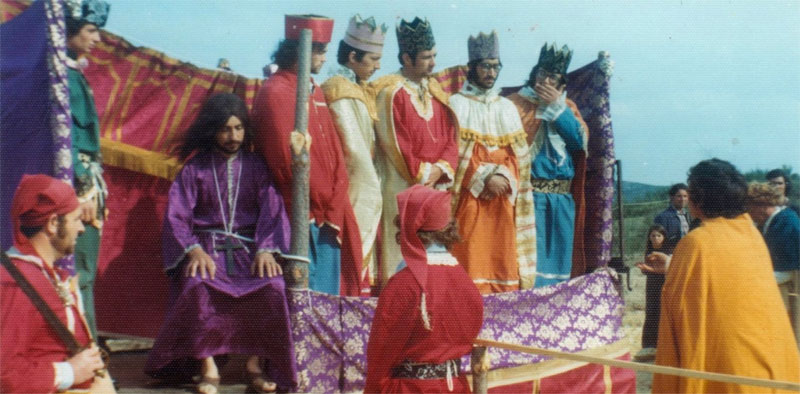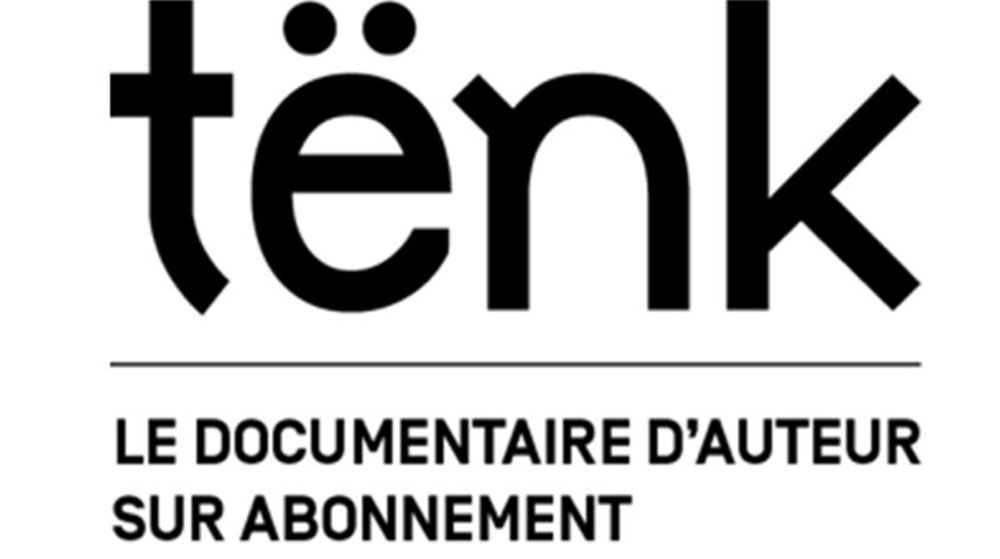Terre d'Avril
-
Réalisé par Philippe Costantini, Anna Glogowski • Écrit par Philippe Costantini, Anna Glogowski
-
France • 1977 • 90 minutes & 61 minutes • 16 mm • Couleur et Noir & Blanc
- Réalisation :
Philippe Costantini, Anna Glogowski - Écriture :
Philippe Costantini, Anna Glogowski - Image :
Philippe Costantini - Son :
Jorge Papoula - Montage :
Élisabeth Kapnist - Mixage :
Alain Lachassagne - Étalonnage :
Louis Callipe - Traduction :
Bernard Eisenschitz
- Production (structure) :
Les Films d'Ici - Coproduction :
INA - Institut National de l'Audiovisuel, Copra Films - Diffuseur :
La Sept ARTE - Ayant droit :
Les Films d'Ici
- N° ISAN :
ISAN 0000-0001-9EB2-0000-I-0000-0000-K
Résumé
Dans les montagnes du nord du Portugal, le Trás-os-Montes, un village isolé, Vilar de Perdrizes, poursuit deux ans après la révolution du 25 avril 1974, une vie immuable, ancestrale, comme coupée, du monde. Un sol pauvre, un climat rude, une économie de subsistance, quelques traits encore vifs d'un mode de vie communautaire... Des maisons de pierre aux toits de chaume, centenaires et d'autres faites de briques et de ciment que construisent les fils revenus de France, d'Allemagne ou d'Amérique... Au sortir de l'hiver, avril est le mois des labours, des semences et des greffes de vigne.
À Vilar, le vin est réputé au même titre que le pain cuit chaque semaine au four communautaire. Et comme pour parfaire cette allusion biblique, avril voit se réaliser de sept ans en sept ans, entre les Rameaux et Pâques, un Mystère de la Passion interprété par les habitants du village suivant un texte original, transmis par tradition orale, où le diable tient le premier rôle. Cette année-là, en avril 1976, c'était aussi la campagne pour les deuxièmes élections libres du Portugal, après 48 ans d'obscurantisme...
In the mountains of the north of Portugal, the Trás-os-Montes, an isolated village, Vilar de Perdrizes, carries on (two years after the revolution of April 1974) its unchanging ancestral way of life, cutt off from the world. A poor soil, a rude climate, a subsistence economy, a few features of a communnal way of life still lingering. Centuries-old stone houses with thatched roofs and others of bricks and cement built by sons returned from France, Germany, or America.
At the end of the winter, April is the month of labour, of sowing and the pruning of the vines. At Vilar the wine is good and is part of everyday life, like the bread baked once a week in the communal bread oven. And to complete the biblical scene, every seven years, in April between Palm Sunday and Easter, the inhabitants of the village put on a Passion play with an original text that has been handed down orally and where the Devil plays the leading role. That year, in April 1976, was also the year of the campaign for the second free elections in 48 years of obscurantism.


